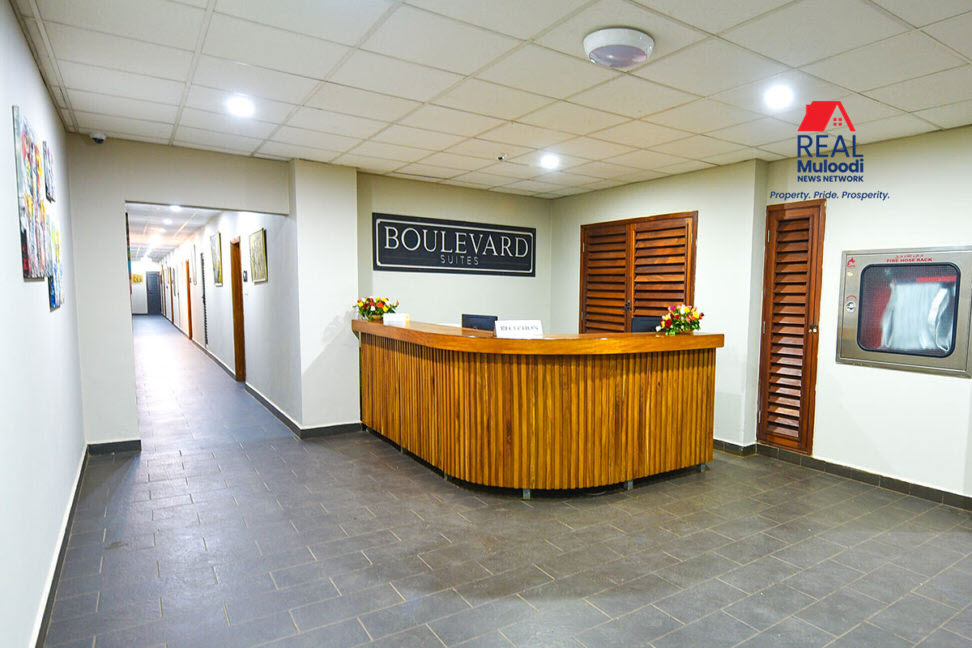UGANDA, Kampala | Real Muloodi News | In most African cities, the COVID-19 pandemic has decreased demand for office space. With more and more companies facing economic hardships and turning to online working, 2021 has seen a decrease in the office market in most places around the world. However, the opposite is true for the office market in Uganda. Kampala actually registered an increase in office occupancy rates in the first quarter of this year, according to the Knight Frank Africa Office Market Dashboard Report, Q1 2021.
Kampala saw an upswing in occupier demand across various industries, including food and beverage, agriculture, and oil companies. As a result, office occupancy rates increased by 3.4% during Q1 2021, compared to the previous quarter. Further, monthly prime office rents increased to USD $15 per square meter, almost an 8% increase. However, rents were still down by 3% compared to the same time last year, reflecting the negative overall impact of the pandemic on the office market.
Knight Frank predicts that a shift in occupier preferences towards more flexible lease terms and shorter rent payment periods is likely to affect occupancy levels at the lower end of the market. They also predict that the recent signing of the East African Crude Oil pipeline project will boost overall occupier demand in Uganda, driven by the oil and gas sector.
Tilda Mwai, Knight Frank Researcher for Africa, noted:
“Locations such as Kampala are expected to record a rise in occupancy. The increase in occupancy is due in part to the recent signing of the East African crude oil pipeline project. We expect the pipeline project will drive up demand from the oil and gas sector in particular.”
Across the continent, the situation remains unpredictable. There is a glut of commercial space in prominent cities such as Nairobi, Kenya, and rent remains low as more landlords become flexible and negotiate. In Lagos, Nigeria, the most expensive city on the continent, prime headline monthly rents rose by 20% to USD $ 62.50 per square meter in Q1, fuelled by a strong economic recovery and pent-up occupier demand. Whereas in Johannesburg, South Africa, currency instability, over supply factors and politics have led to sharp declines in prime headline dollar-based rents, which fell by a record 22% over the same period.
Varying approaches by Africa’s governments to COVID-19 flare-ups means the economic outlook is likely to remain mixed, resulting in a tenant-favourable office market in most locations. Many commercial tenants are still reviewing their occupational strategies, with a view to incorporate greater remote working going forward.
The Knight Frank researcher predicts the office market will continue to be underwhelming over the year. She anticipates indications of recovery and pickup in the economy in the last quarter of the year. Regardless, Knight Frank maintains that hotspots like Kampala will continue to have rising occupier activity.
READ MORE LIKE THIS:
The Real Estate Sector in Uganda Affected by Second Lockdown



